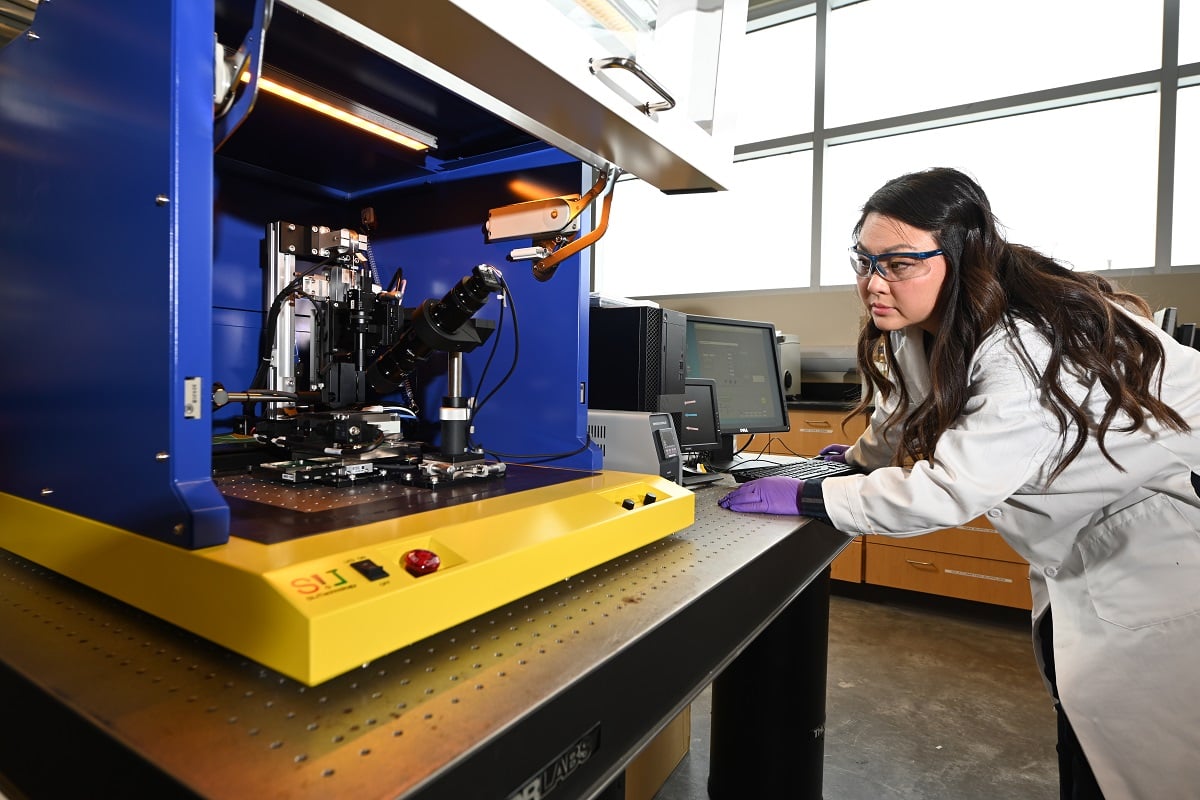Five projects were awarded the 2024 CAES Collaboration Funds in April. CAES Collaboration Funds are awarded once a year. During the projects, INL researchers and academic faculty from the CAES universities (BSU, ISU and U of I) partner to advance promising research and build strategic relationships that enhance the vision, mission and strategic focus areas of INL and CAES.
Congratulations to this year’s projects and recipients:
Development of high-energy, low-cost, and sustainable cathode materials for sodium-ion batteries


INL and BSU will collaborate to develop high energy, low cost, and sustainable cathode materials for sodium ion batteries (SIBs). The team will work on scaling up the SIBs developed in Claire Xiong’s Electrochemical Energy Materials Laboratory at BSU to fabricate high energy SIB pouch cells at INL.
- PI: Pete Barnes, Material Scientist, Energy and Environment Science & Technology, INL
- Co-PI: Hui (Claire) Xiong, Professor, Micron School of Materials Science and Engineering, BSU
Experimental Study of Mixing Processes within a Modular High-Temperature Reactor in Depressurized Loss-of-Forced-Convection Scenarios


Validating computational models that predict thermal fluid dynamics during failure scenarios like depressurized loss-of-forced-convection (DLOFC) are crucially important. The goal is to produce a detailed experimental plan to deploy a novel quantitative imaging approach (fluorescent time-resolved multi-camera, particle image velocimetry) to study miscible two-phase flows. This approach will clarify the flow-mixing physics triggered by realistic fracture shapes, aiding in correlation development, uncertainty quantification and the advancement of gas-cooled reactor technologies.
- PI: Piyush Sabharwall, Distinguished Staff Scientist, INL
- Co-PI: Gianluca Blois, Assistant Professor, Department of Mechanical Engineering, U of I
Consolidation of NIHPA Tool for Sustainability Evaluation of Nuclear Biomass Integrated Hydrogen Production


The integration of nuclear and biomass processes for hydrogen production presents a promising avenue for generating low-carbon emission hydrogen fuel. The Nuclear Integrated Hydrogen Production Analysis tool (NIHPA) serves as a powerful tool for assessing the economic feasibility of this integration. This proposal aims to look at the strategies to improve NIHPA’s robustness by integrating biomass processing with nuclear integrated hydrogen production.
- PI: Wen-Chi Cheng, Modeling and Simulation Postdoctoral Research Associate, Nuclear Science & Technology, INL
- Co-PI: Ming-Hsun Cheng, Assistant Professor of Energy and Environment, U of I
Advanced Composite Materials for Superior Fracture and Fatigue Resistance with Enhanced Environmental Sustainability


The research aims to create composite materials with exceptional fracture and fatigue resistance, adaptability to extreme environments, and suitability for complex structural demands. They’ll use innovative applications of structural optimization and interface design techniques, alongside cutting-edge manufacturing methods like additive manufacturing. The goal is to develop durable, efficient materials for load-bearing systems, contributing to the structural design of future energy and space force platforms.
- PI: Daicong Da, Assistant Professor, BSU
- Co-PI: Michael McMurtrey, ART/AMMT High Temperature Metals Lead, Nuclear Science & Technology, INL
Towards Sustainable Application of Carbon-Negative Bio-concrete Using Synergistic Binding of Biochar and Bacterial Siderophores


The project aims to establish pathways for improving the understanding of current state-of-the-art biochar-added concrete and investigate the potential of novel “biochar-siderophore complex” (BSC) materials as next generation additive for production and application of bio-concrete. The goal is to support development of eco-friendly concrete to further the ongoing efforts towards zero emission buildings.
- PI: Asef Mohammad Redwan, Environmental Research Scientist, Energy and Environment Science & Technology, INL
- Co-PI: Anirban Chakraborty, Assistant Professor, ISU






